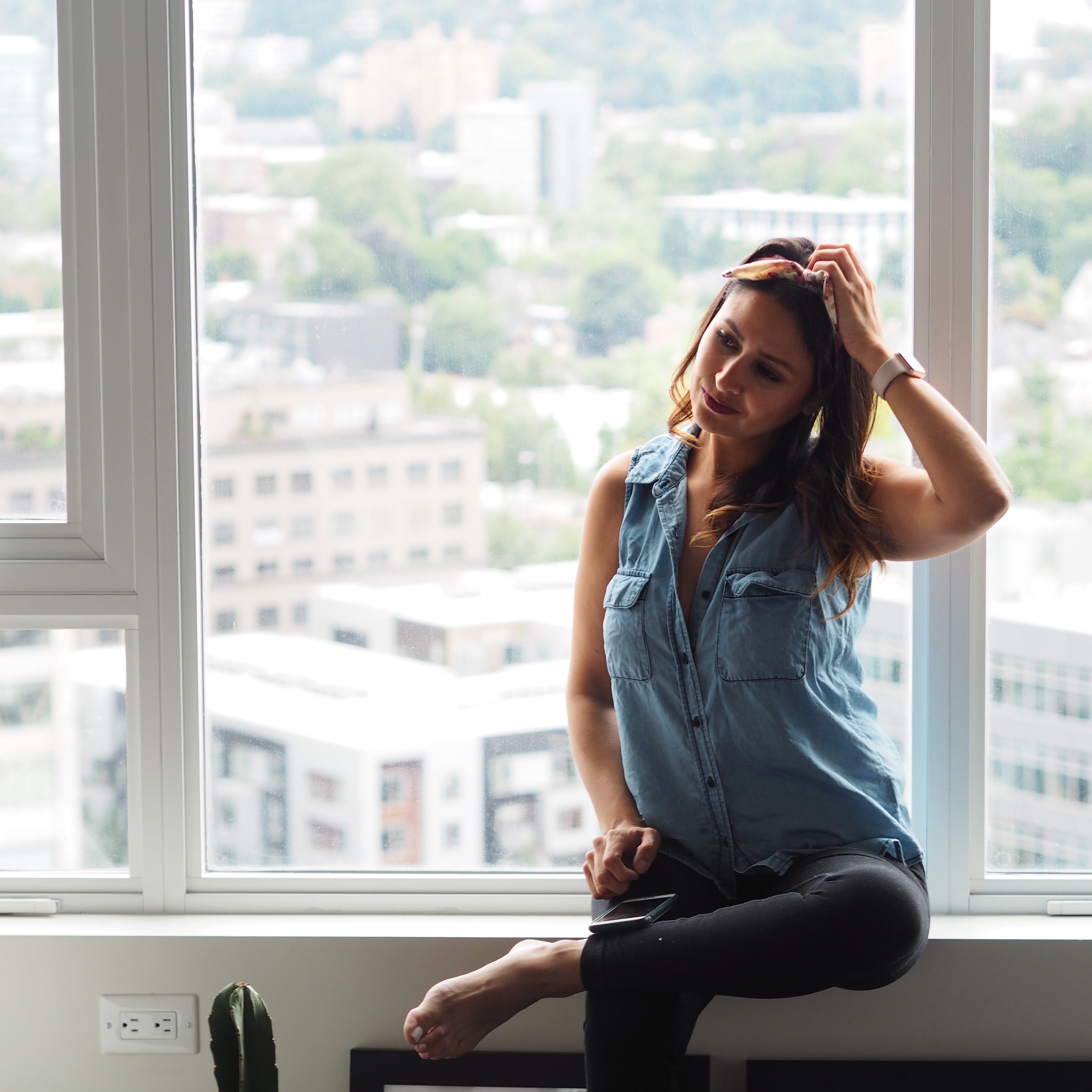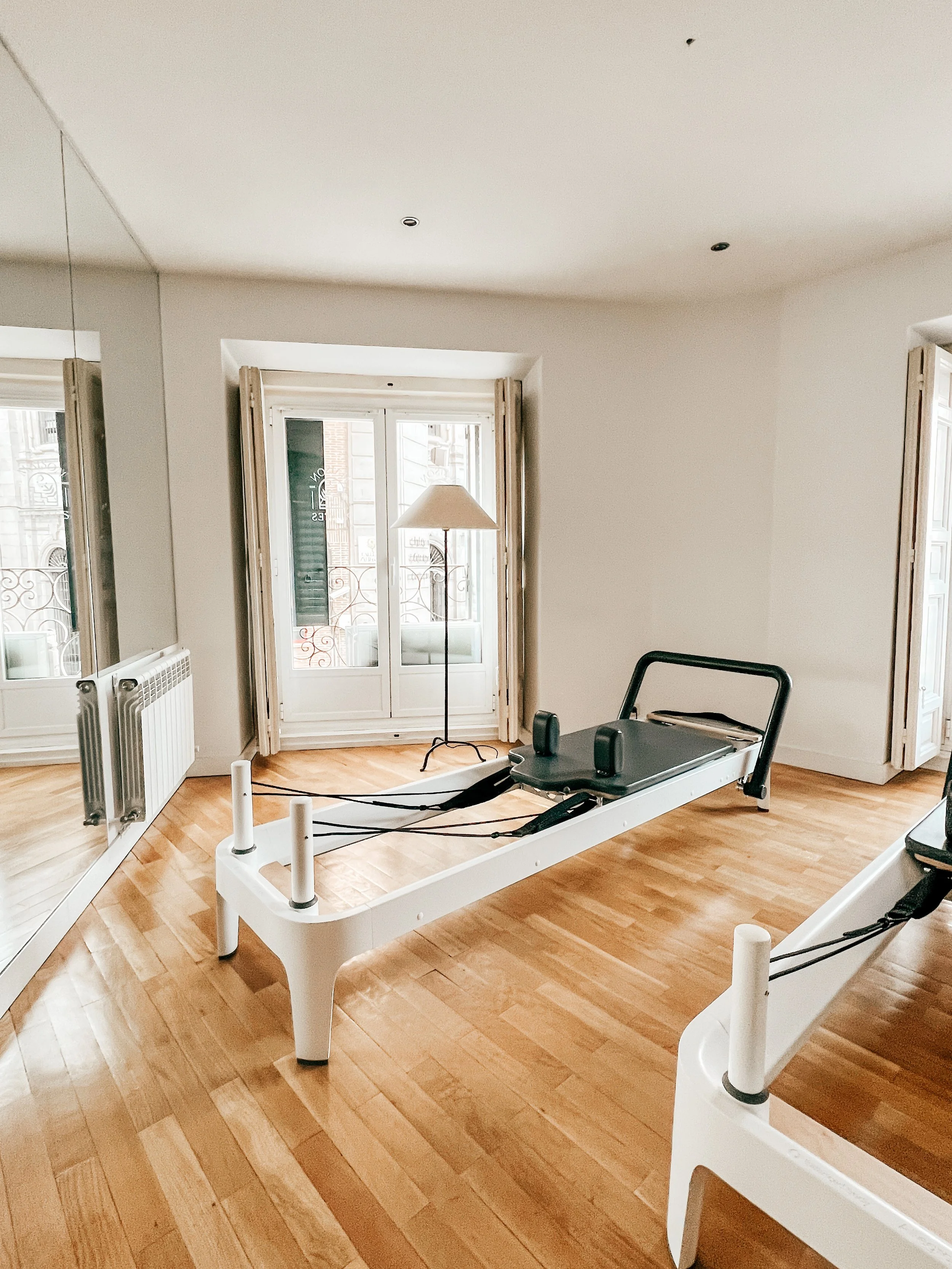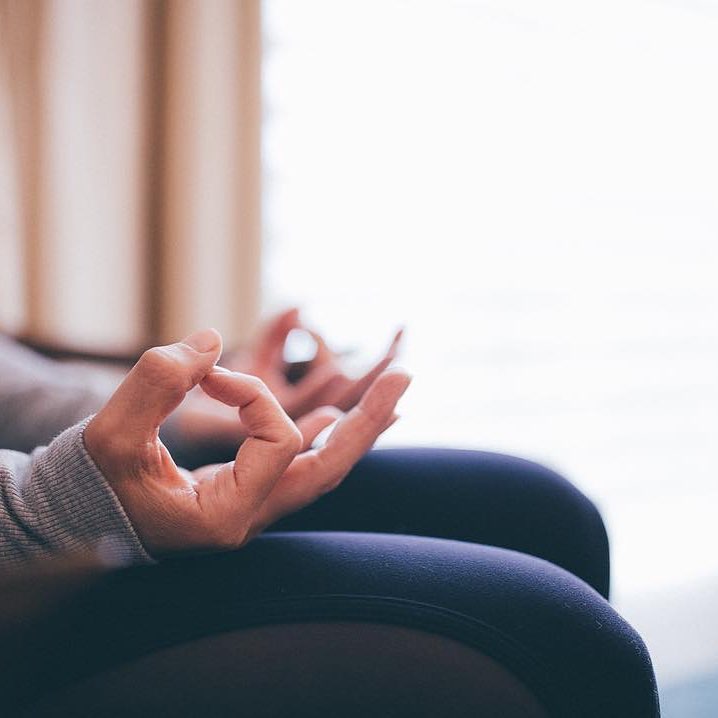Finding Your Flow: Reigniting Your Daily Rituals with These 7 Tips
Breaking out of a routine slump is easier than you think. Our tips will help you get back on track and achieve your goals.
Table of Contents
The Importance of a Routine
A daily routine is one of the most important things you can do for your overall health and well-being. When we follow a set schedule, our bodies, and minds know what to expect, creating a sense of stability and control.
By having a routine, we can feel more productive and accomplished. When we know what tasks we need to complete and when it allows us to stay focused and motivated throughout the day. This can lead to a greater sense of satisfaction and accomplishment, which can improve our overall mood.
In addition to productivity, having a routine can help reduce stress. When we don't have a set schedule, we can feel overwhelmed and uncertain about what to do next. This can lead to feelings of anxiety and stress. However, when we have a routine, we know exactly what to do and when which can alleviate these negative emotions.
Following a routine can also improve our mental health. We can feel a greater sense of purpose and direction with a structure. This can lead to increased feelings of self-confidence and self-esteem. Additionally, having a routine can create a sense of calm and stability, which can improve our overall mental well-being.
7 Tips to Get Back Into a Routine
Having a routine is crucial for maintaining good health and well-being. It can help us feel more productive, reduce stress, and improve our mental health. By creating a daily routine and sticking to it, we can create a sense of structure and stability in our lives that can positively impact our overall health and happiness. So, let’s jump into the seven tips to get back into a routine that will allow you to make these into daily rituals.
Setting Goals
Setting goals is a crucial first step in creating a healthy routine. Identifying what you want to achieve and then prioritizing those goals is important. This allows us to be intentional and can include anything from exercising more to eating healthier or reducing stress.
By setting achievable goals, you can keep yourself motivated and focused. It can be easy to feel overwhelmed or discouraged when simultaneously trying to make big changes. However, you can stay motivated and see progress over time by breaking your goals into smaller, more manageable steps.
A tool I love for getting into the flow and routine of setting goals, tracking, and sticking to them is the Productivity Planner from Intelligent Change. Over the years, it’s taught me that setting goals is key to creating a healthy routine. This planner is amazing if you want to get back into a routine because it will help you stay motivated and focused by identifying what you want to achieve and prioritizing those goals.
Remembering small changes can lead to significant results is also important. Small changes to your daily routine can greatly impact your overall health and well-being. So don't be discouraged if you don't see immediate results. Keep working towards your goals; you'll see the benefits over time.
Designing Your Routine Into Daily Rituals
Designing your daily routine is a crucial step in achieving your wellness goals. Once you have identified what you want to achieve, it's time to plan how you will get there.
One effective approach is to divide your day into manageable segments and allocate specific tasks to each segment. For example, you could set aside time in the morning for exercise, followed by time for breakfast and getting ready for work or other obligations. You could schedule breaks for healthy snacks or a quick stretch during work hours to avoid feeling overwhelmed or burnt out.
When planning your routine, make sure to include time for leisure activities that you enjoy. This can be as simple as reading a book or spending time outdoors. You can reduce stress and improve your overall mood by including activities that make you happy.
Remember, the key to designing a successful routine is to be realistic and flexible. Don't try to cram too many tasks into one segment, as this can lead to feeling overwhelmed and demotivated. Additionally, be prepared to make adjustments to your routine as needed. Life is unpredictable, and unexpected events can occur, so it's important to be adaptable.
Creating Habits
Creating habits is an essential part of any successful routine. When you consistently repeat tasks at the same time each day, your mind and body learn to expect and even crave that routine.
It can take time to establish a habit, but it becomes easier and even automatic with patience and persistence. Research shows that establishing a habit takes an average of 66 days, but this can vary depending on the person and the habit they are trying to form.
Creating a habit becomes a part of your daily life, making achieving your goals and maintaining a healthy routine easier. For example, if you exercise for 30 minutes every morning, it will become easier to stick to that routine as time passes, and you'll be more likely to continue doing it.
Remember that creating habits is a process, and it's important to be patient and persistent. Don't get discouraged if establishing a habit takes longer than expected. Keep at it, and soon it will become second nature. By creating lasting habits, you can maintain a successful routine that leads to a healthier and happier life.
Make Exercise Part of Your Daily Routine
Let's talk about the importance of exercise for a healthy and balanced lifestyle. Not only does regular exercise help maintain a healthy weight and reduce the risk of chronic diseases like heart disease and type 2 diabetes, but it's also incredible for your mental health.
Exercise releases endorphins, like a burst of happy chemicals for your brain, helping reduce stress and anxiety. By incorporating exercise into your routine, you may notice an improvement in your mood and overall well-being. It can even help improve cognitive functions like memory, focus, and attention.
To get the most out of your exercise routine, aim for at least 30 minutes a day. A combination of cardiovascular and strength training exercises is best. Cardiovascular exercises like running, cycling, or swimming can help improve endurance and cardiovascular health. Strength training exercises, like weightlifting or bodyweight exercises, can help build muscle mass and overall strength.
Don't forget to mix things up, loves. Trying new exercises, like yoga, Pilates, or HIIT workouts, can keep things interesting and challenging. This also helps prevent injury and ensures you work for different muscle groups.
Exercise should be a fun and enjoyable activity, not a chore. Don't push yourself too hard or set unrealistic goals. Start small and gradually work up gradually, always listening to your body. With time and patience, regular exercise can become a habit that will positively affect your physical and mental health.
Fueling Your Body with Whole Foods
When maintaining a healthy lifestyle, nutrition plays a crucial role. It's not just about counting calories or following the latest fad diet - it's about nourishing your body with whole, nutritious foods.
Focus on incorporating plenty of fruits and vegetables into your diet. They are packed with essential vitamins, minerals, and antioxidants that can boost your immune system and improve your overall health. And don't forget about lean proteins, such as chicken, fish, and tofu, which can help you feel full and satisfied throughout the day.
When it comes to grains, opt for whole grains like quinoa, brown rice, and whole-wheat bread. These provide more fiber and nutrients than their refined counterparts, which can help regulate blood sugar levels and energize you.
On the other hand, processed and sugary foods should be avoided as much as possible. These foods are often high in calories, unhealthy fats, and added sugars, contributing to weight gain and increasing your risk of chronic diseases such as heart disease and diabetes.
And lastly, staying hydrated is key to maintaining good health. Make sure to drink plenty of water throughout the day to keep your body functioning properly and to help you feel more alert and focused. With a focus on whole, nutritious foods and staying hydrated, you'll be on your way to feeling your best self in no time!
Rest and Recharge With Better Sleep
Sleep is one of the most important things we can prioritize when caring for ourselves. Getting enough quality sleep is essential for maintaining good health and overall well-being.
As someone who values self-care and wellness, I know firsthand the benefits of a good night's sleep. I prioritize aiming for 7-8 hours of sleep each night.
But it's not just about the quantity of sleep - the quality matters too. That's why it's important to establish a regular sleep routine. This can include winding down before bed with a calming activity like reading or bathing. It's also important to avoid screens and bright lights before bed, as they can interfere with your body's natural sleep-wake cycle.
Creating a calming environment can also help improve the quality of your sleep. This can include using essential oils or a sound machine to promote relaxation and reduce stress. By taking these simple steps, you can improve your sleep and wake up refreshed and energized for the day ahead.
So, let's all commit to prioritizing our sleep and creating a healthy sleep routine. After all, taking care of ourselves is the foundation for living our best lives.
Positive Mindset with Mindfulness
One of my absolute favorite practices for improving mental health and reducing stress is mindfulness.
Mindfulness can take many forms, from meditation to deep breathing exercises to practicing gratitude. Whatever form it takes for you, the key is to find what works best for your unique needs and make it a regular part of your daily routine.
Taking even a few minutes daily to focus on your breath, thoughts, and feelings can help you develop greater awareness and self-compassion. It can also help you cultivate a sense of inner calm and balance that can carry you through even the most hectic days.
So take a deep breath, and remember you are worthy of taking time each day. Whether it's a quick meditation, a few deep breaths, or simply reflecting on what you're grateful for, incorporating mindfulness into your daily routine can be a powerful tool for improving your overall well-being.
Embracing the Power of Routine: Achieving Wellness Through Consistency
I know that creating and sticking to a daily routine can be tough. But trust me; it's worth it! By making a dedicated effort to set goals, design your routine, and create healthy habits, you'll be on your way to living a happier and healthier life.
It's all about finding what works for you and committing to it. Maybe it's starting your day with a quick yoga flow or meal prepping on Sundays for the week ahead. Whatever it is, make sure it's manageable and realistic for your lifestyle.
And don't forget to focus on exercise, nutrition, sleep, and mindfulness! These pillars of wellness are crucial for your overall health and well-being. Regular exercise, a healthy diet filled with whole foods, and a good night's sleep are all important. And let's not forget about mindfulness - taking time to meditate, breathe, and practice gratitude can do wonders for reducing stress and improving mental health.
Remember to be patient and persistent. Small changes over time can lead to significant results. You've got this!









